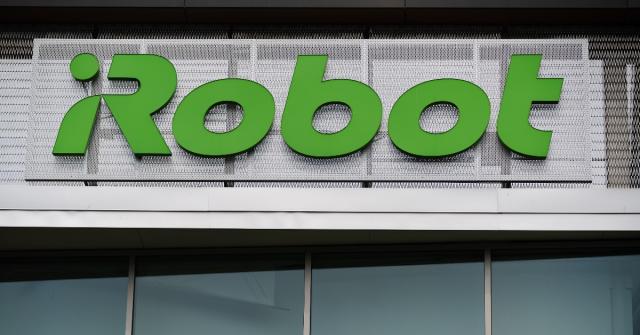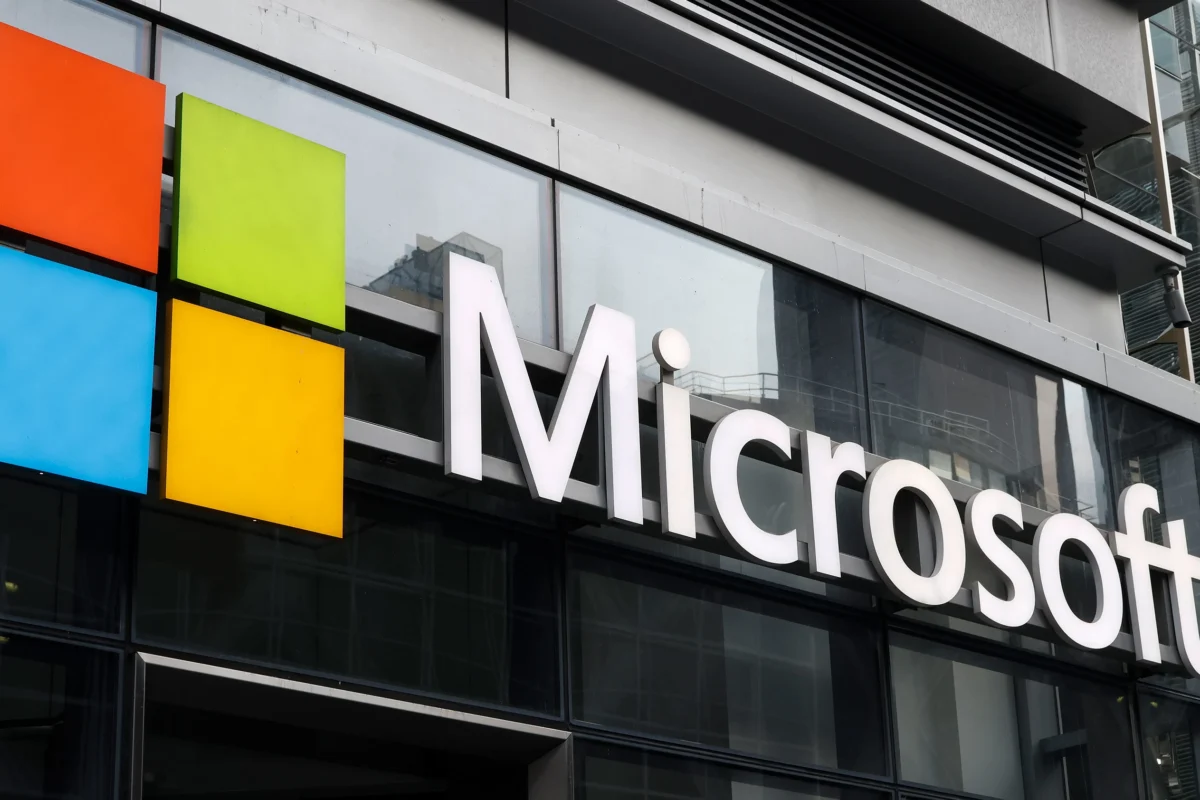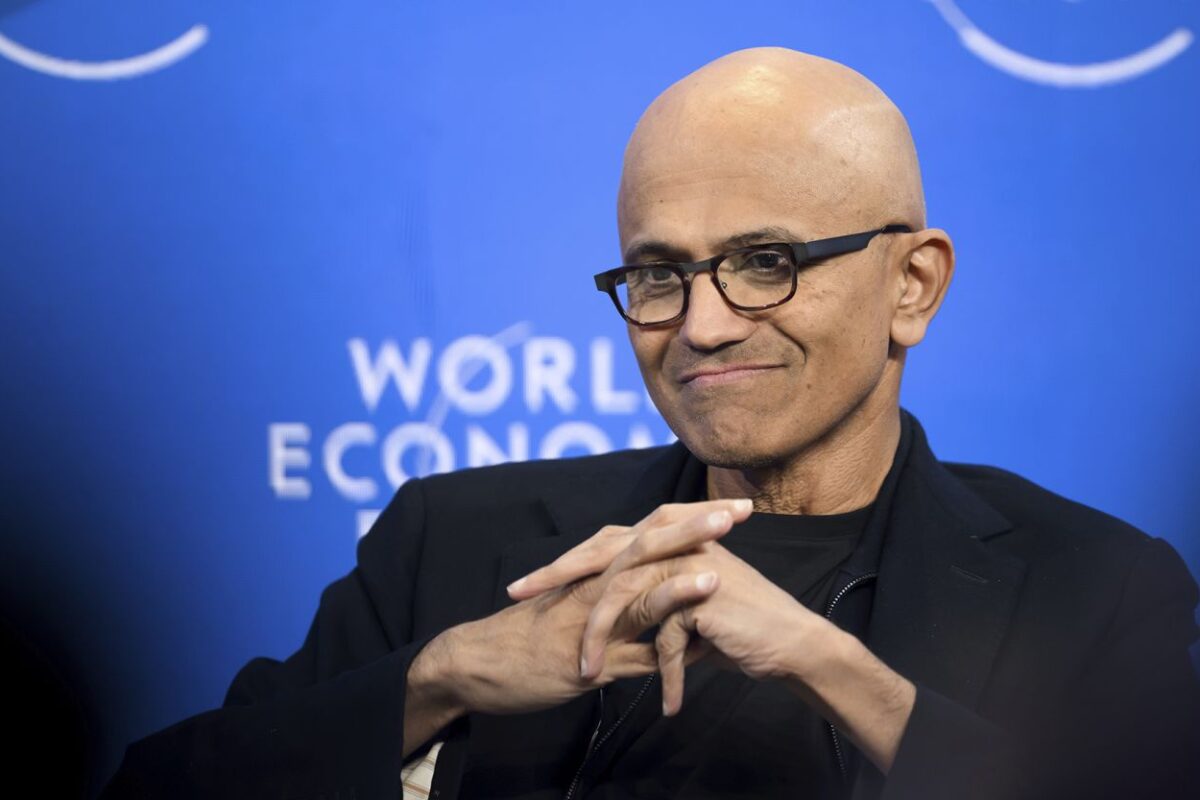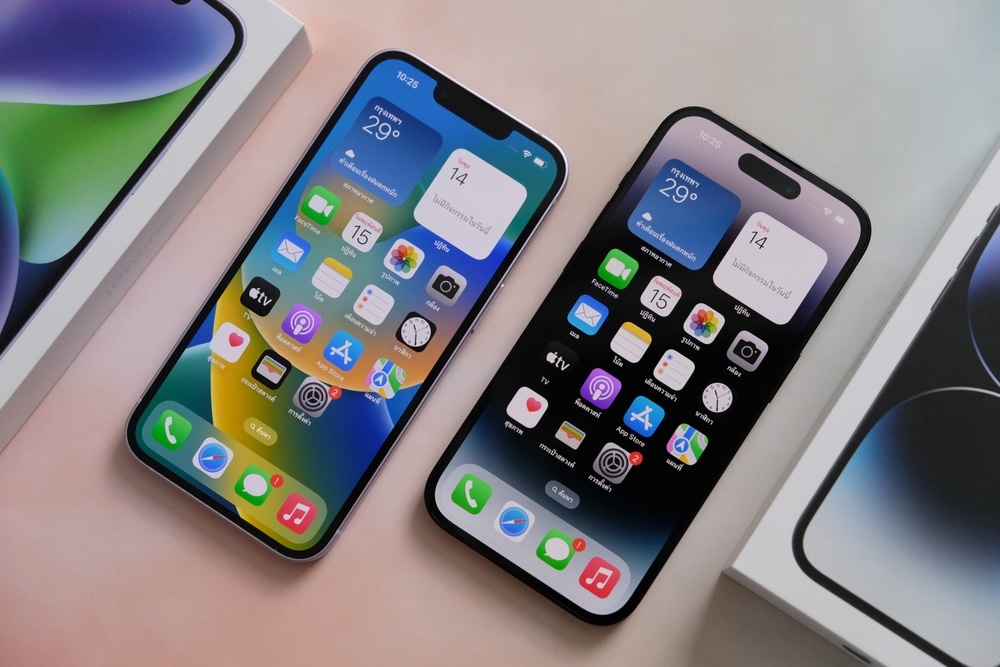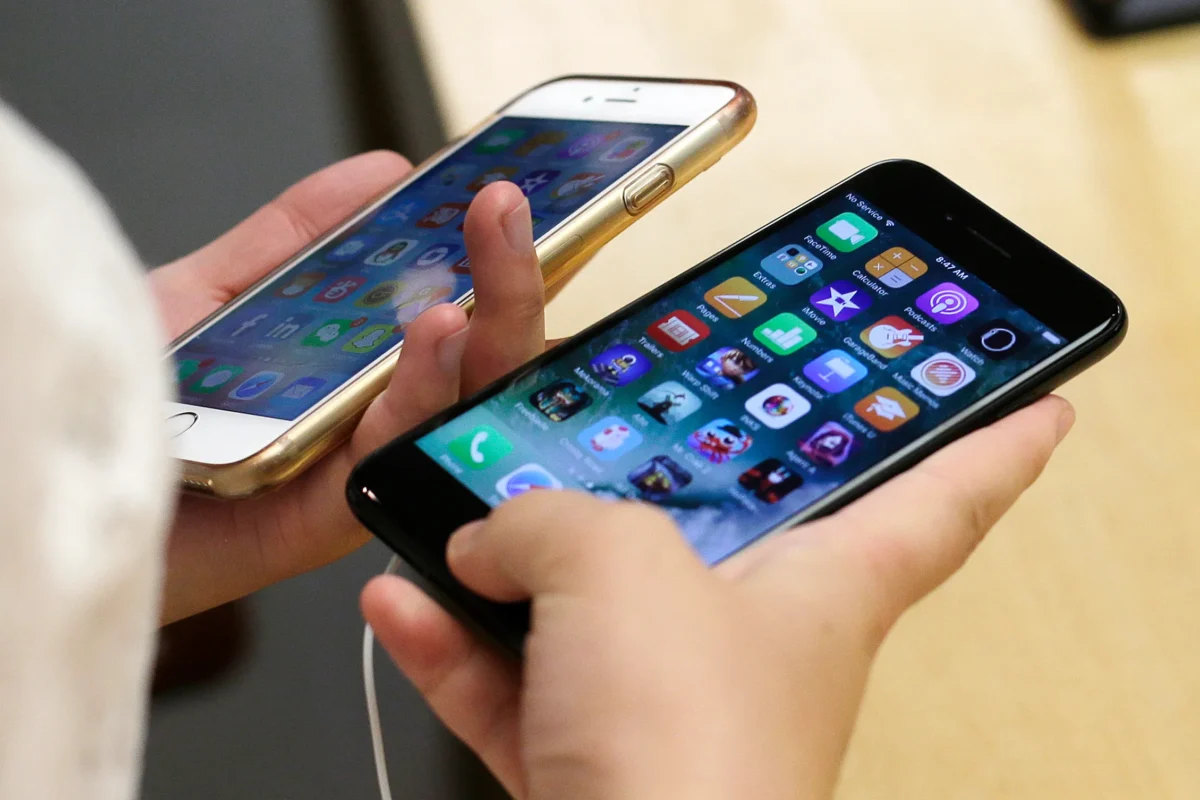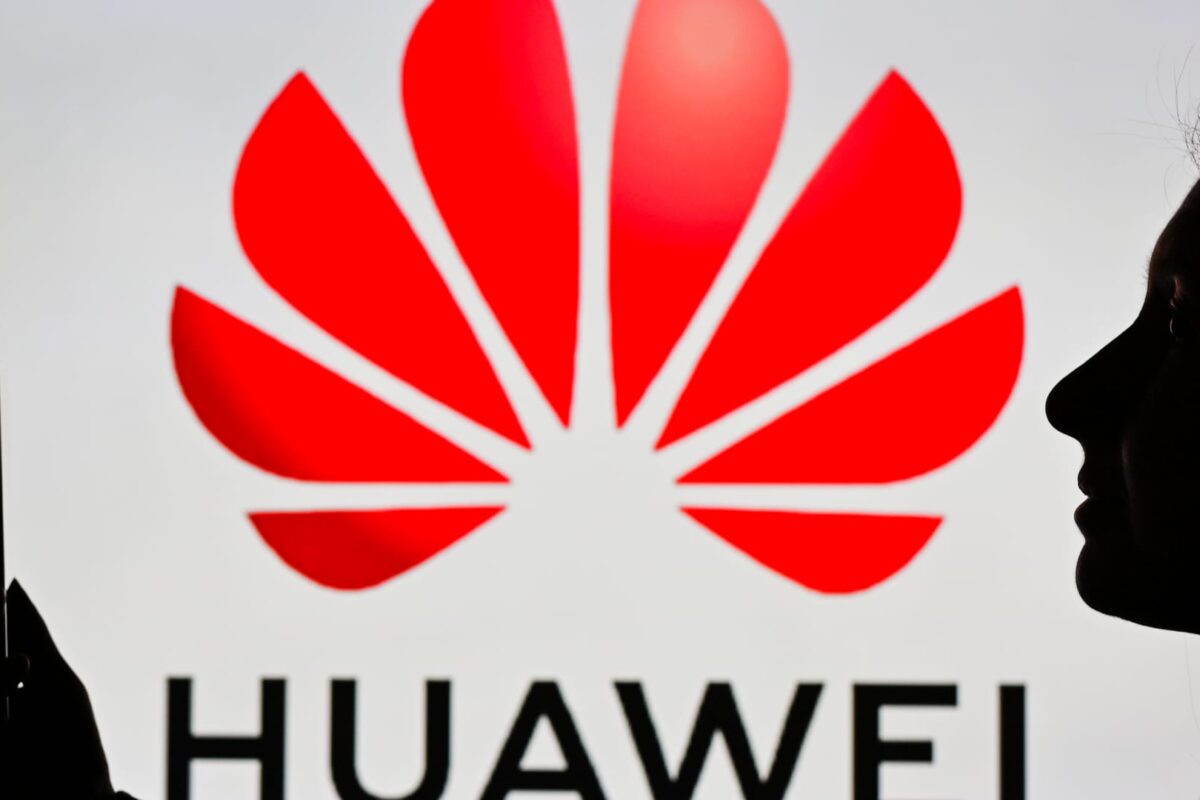After a year and a half of anticipation following its announcement, Amazon’s plan to acquire iRobot has officially come to an end. The deal, which encountered significant regulatory hurdles, particularly from the European Union, has been terminated, marking a significant setback for both companies.
This morning’s announcement also brought news of iRobot laying off 350 employees, representing nearly one-third of its workforce, as CEO Colin Angle steps down.
In a statement, Angle expressed disappointment but emphasized iRobot’s commitment to its vision of innovating consumer robots. Despite the setback, the company remains focused on developing thoughtful robots and intelligent home innovations.
The deal’s termination has already impacted iRobot, leading to two rounds of layoffs. Last July, Amazon reduced its purchase price from $1.7 billion to $1.4 billion, reflecting the challenges faced during the acquisition process.
The phrase “hyper competitive environment” underscores the financial struggles preceding the acquisition and highlights the broader regulatory scrutiny surrounding the deal. Privacy concerns, given iRobot’s mapping capabilities, and worries about competition were key sticking points among critics.
The European Commission stated that the acquisition would have enabled Amazon to limit competition in the market for robot vacuum cleaners, potentially leading to higher prices, lower quality, and less innovation for consumers.
Despite iRobot’s success in the robot vacuum space, competition remains fierce, with numerous players entering the market, including larger companies like Samsung and Dyson. Cheaper alternatives flooding the market have added to the competitive landscape.
While iRobot has attempted to diversify its product offerings, projects like the gutter-cleaning Looj and lawn mowing Terra have faced challenges, exacerbated by factors like COVID-19 and supply chain constraints.
As iRobot navigates this period of transition, interim CEO Glen Weinstein will lead the company. Despite the layoffs and uncertainties, the robotics community in Boston remains resilient, with former iRobot employees poised to contribute to future innovations in the field.
Although the termination of the acquisition deal poses challenges for iRobot, the company’s legacy and potential for future contributions to the home robotics industry remain promising.

